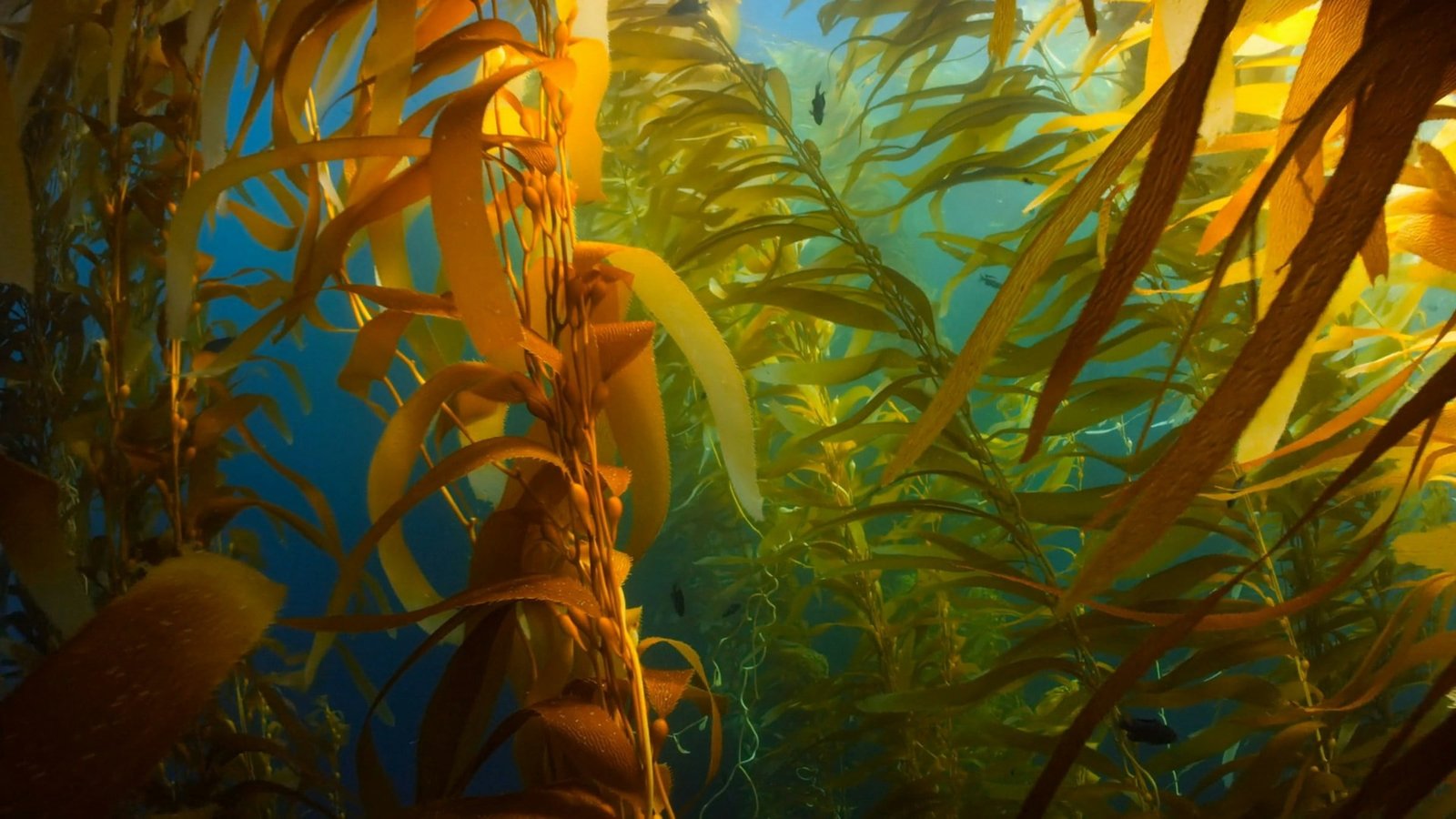Wednesday, 25 February 2026

The collaboration on the Norwegian Marine Restoration (NoMaRe) project aims to restore 5,000 square kilometres of seaweed forest by managing invasive sea urchin predation
IFF a global leader in food and beverage, home and personal care and health, announced its partnership with environmental non-governmental organisation (NGO) Bellona in a long-term project to restore seaweed forests in northern Norway. The collaboration on the Norwegian Marine Restoration (NoMaRe) project aims to restore 5,000 square kilometres of seaweed forest by managing invasive sea urchin predation. The regrowth of the forests could increase biological carbon sequestration by 12 million tonnes – the equivalent of Norway’s total oil and gas industry emissions in 2021. The launch event held in Norway was attended by Andreas Bjelland Eriksen, Norway’s Minister of Climate and Environment, as well as senior members of the research community.
“As one of the largest global users of seaweed for alginates and carrageenan, we are proud to be an initiator of this major project,” said Renee Henze, chief sustainability officer, of IFF. “Alginate from Norwegian seaweed is used in pharmaceutical applications, dietary supplements, and food, including new plant-based meat alternatives. Increasing advocacy for the often-forgotten seaweed forest is key to mitigating the effects of climate change while creating sustainable jobs and products globally.”
Seaweed forests are among the most important natural environments on Earth but are facing challenges on a global scale. Norwegian seaweed forests are the main food source and home to over 300 species of invasive sea urchins. During the 1970s, human activity disrupted and removed many of the urchin larvae’s natural predators, allowing urchins to increase in high numbers and convert the northern Norway seaweed forests into desert-like “urchin barrens.” This has caused ecological ripple effects on the biomass of native animals and plants, including limiting opportunities for seaweed harvesting.